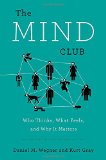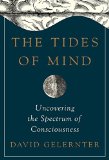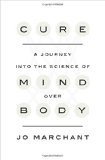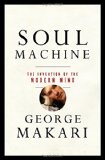new book – ‘The Mind Club: Who Thinks, What Feels, and Why It Matters’ by Daniel M. Wegner and Kurt Gray
March 22, 2016
(NOTE: As an Amazon Associate I earn from qualifying purchases.)
The Mind Club: Who Thinks, What Feels, and Why It Matters by Daniel M. Wegner and Kurt Gray (Viking, 2016)
Book description from the publisher:
From dogs to gods, dive into the science of mysterious minds–including your own.
Nothing seems more real than the minds of other people. When you consider what your boss is thinking or whether your spouse is happy, you are admitting them into the “mind club.” It’s easy to assume other humans can think and feel, but what about a cow, a computer, a corporation? What kinds of mind do they have? Daniel M. Wegner and Kurt Gray are award-winning psychologists who have discovered that minds–while incredibly important–are a matter of perception. Their research opens a trove of new findings, with insights into human behavior that are fascinating, frightening and funny. The Mind Club explains why we love some animals and eat others, why people debate the existence of God so intensely, how good people can be so cruel, and why robots make such poor lovers. By investigating the mind perception of extraordinary targets–animals, machines, comatose people, god–Wegner and Gray explain what it means to have a mind, and why it matters so much. Fusing cutting-edge research and personal anecdotes, The Mind Club explores the moral dimensions of mind perception with wit and compassion, revealing the surprisingly simple basis for what compels us to love and hate, to harm and to protect.







